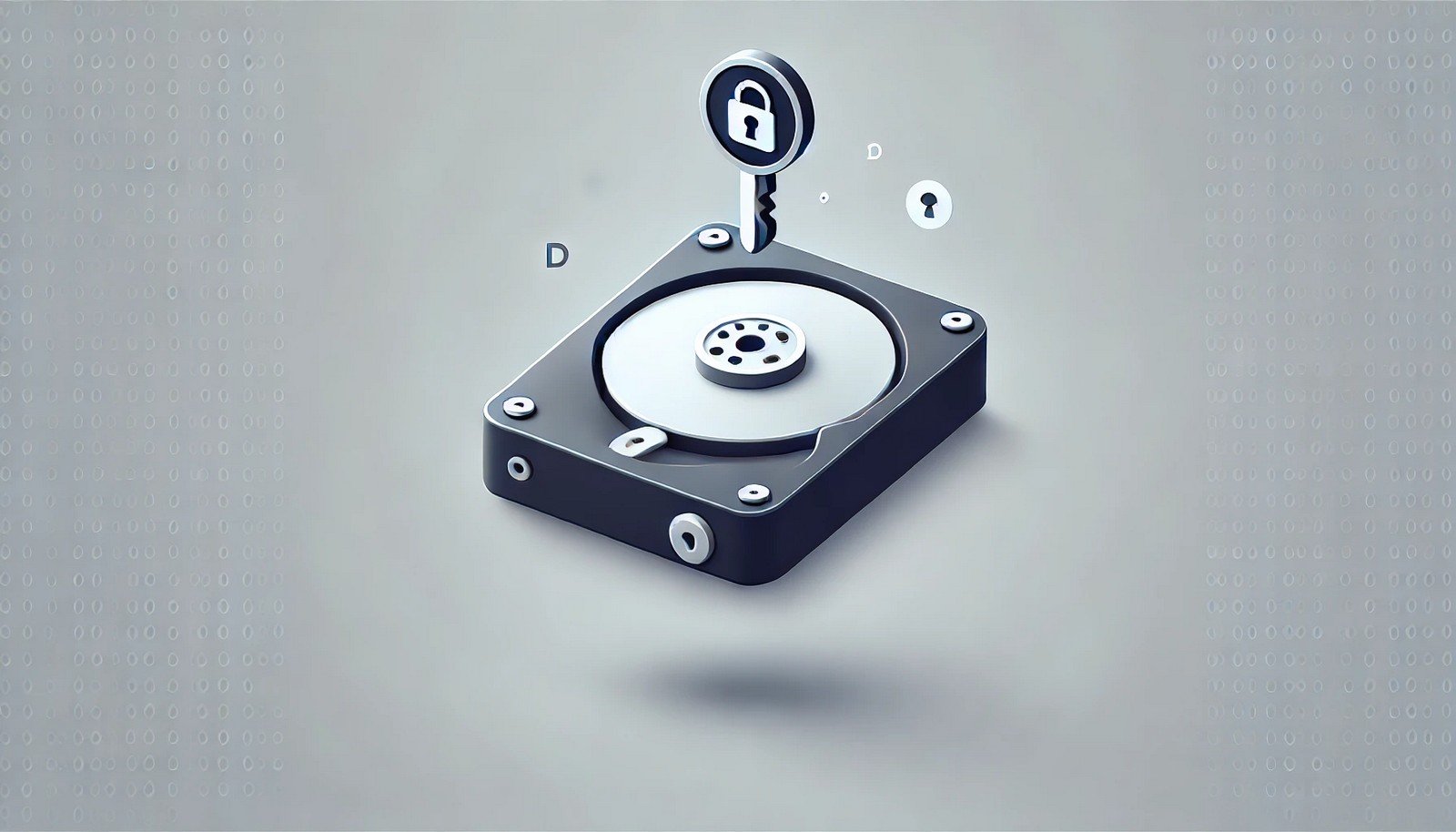Disk Encryption Software
 (Representational Image | Source: Dall-E)
(Representational Image | Source: Dall-E)
Quick Navigation:
- Disk Encryption Software Definition
- Disk Encryption Software Explained Easy
- Disk Encryption Software Origin
- Disk Encryption Software Etymology
- Disk Encryption Software Usage Trends
- Disk Encryption Software Usage
- Disk Encryption Software Examples in Context
- Disk Encryption Software FAQ
- Disk Encryption Software Related Words
Disk Encryption Software Definition
Disk encryption software is a security tool that encrypts data stored on a computer's disk or external storage device. It ensures that sensitive information remains unreadable to unauthorized users by converting it into an encrypted format using cryptographic algorithms. Only individuals with the correct decryption key or password can access the protected data. Common disk encryption software includes BitLocker, VeraCrypt, and FileVault, providing an additional layer of protection against data breaches, theft, or unauthorized access.
Disk Encryption Software Explained Easy
Imagine you have a secret diary, and you lock it in a special box with a unique key that only you have. Even if someone finds the box, they can't open it without your key. Disk encryption software works the same way. It locks your files using a special code, so only you (or someone with permission) can open and read them.
Disk Encryption Software Origin
The concept of disk encryption emerged as digital data storage became widespread. Initially used in military and governmental institutions, encryption technology gradually expanded into commercial and personal computing. With the rise of cyber threats, encryption software evolved to ensure data security, becoming a critical component of modern cybersecurity strategies.
Disk Encryption Software Etymology
The term "disk encryption software" derives from:
- Disk – The physical or virtual storage medium where data is saved.
- Encryption – The process of converting readable data into an unreadable format to protect it.
- Software – A program or application that performs specific tasks, in this case, securing data.
Disk Encryption Software Usage Trends
With the increasing number of cyberattacks and data breaches, the demand for disk encryption software has surged. Businesses, government agencies, and individual users rely on encryption to protect confidential data. The implementation of data protection regulations, such as GDPR and CCPA, has further driven the adoption of encryption technologies. Cloud-based storage services also integrate encryption to safeguard user data from unauthorized access.
Disk Encryption Software Usage
- Formal/Technical Tagging:
- - Cybersecurity
- - Data Protection
- - Encryption Technology
- Typical Collocations:
- - "disk encryption software installation"
- - "full disk encryption"
- - "secure data encryption"
- - "encrypting sensitive information"
Disk Encryption Software Examples in Context
- A company encrypts its employees' laptops with BitLocker to prevent data leaks in case of theft.
- A journalist working in a high-risk region uses VeraCrypt to protect sensitive files from surveillance.
- A university requires all external hard drives to be encrypted to safeguard research data.
Disk Encryption Software FAQ
- What is disk encryption software?
Disk encryption software protects data by converting it into an unreadable format, making it accessible only with a decryption key or password. - How does disk encryption work?
It uses cryptographic algorithms to scramble data, ensuring that unauthorized users cannot read it without the correct credentials. - Is disk encryption necessary for personal computers?
Yes, it helps protect sensitive personal files from hackers, malware, and theft. - What are some popular disk encryption software programs?
BitLocker (Windows), FileVault (macOS), and VeraCrypt (cross-platform) are among the most widely used options. - Can encrypted disks be hacked?
Strong encryption is difficult to crack, but weak passwords or security vulnerabilities can still pose risks. - Does encryption slow down a computer?
Minimal performance impact occurs on modern systems, but older devices may experience slight slowdowns. - What happens if I forget my encryption password?
Without a backup key or recovery option, encrypted data may become permanently inaccessible. - Is disk encryption software free?
Some programs, like VeraCrypt, are free, while others, such as BitLocker, may require specific operating system versions. - Can I encrypt external drives and USBs?
Yes, many encryption programs support external storage encryption. - Does encryption affect file sharing?
Encrypted files need to be decrypted before sharing or require secure key-based access.
Disk Encryption Software Related Words
- Categories/Topics:
- - Cybersecurity
- - Data Encryption
- - Privacy Protection
Did you know?
In 2013, revelations about mass government surveillance led to a surge in the use of disk encryption software. Many users, including journalists and activists, turned to open-source encryption tools like VeraCrypt to secure their digital communications and data.
PicDictionary.com is an online dictionary in pictures. If you have questions or suggestions, please reach out to us on WhatsApp or Twitter.Authors | Arjun Vishnu | @ArjunAndVishnu

I am Vishnu. I like AI, Linux, Single Board Computers, and Cloud Computing. I create the web & video content, and I also write for popular websites.
My younger brother, Arjun handles image & video editing. Together, we run a YouTube Channel that's focused on reviewing gadgets and explaining technology.



Comments powered by CComment